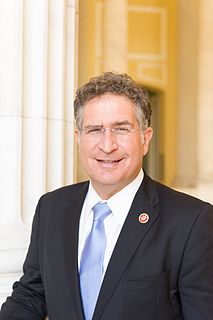A Quote by Keith Henson
Some people recovering from drugs or alcohol stay with the programs indefinitely, making the recovery program their family, a long-term source of attention rewards.
Related Quotes
Back in the day, I was the first non-recovering doctor working in recovery. People would say, 'You can't do that! We need recovering guys in this.' But usually recovering doctors have a lot of baggage and so there's a certain amount of liability with a recovering doctor. But of course it can be ideal.
The most important thing that a company can do in the midst of this economic turmoil is to not lose sight of the long-term perspective. Don't confuse the short-term crises with the long-term trends. Amidst all of these short-term change are some fundamental structural transformations happening in the economy, and the best way to stay in business is to not allow the short-term distractions to cause you to ignore what is happening in the long term.
I want to make it clear, though, that I am not trying to say these are bad drugs. Opioid medications in the short term for severe pain are very effective. The problem is when they are used for long-term chronic pain. No one wants anyone to suffer and be in pain. But realize how addictive these drugs are and get off of them as quickly as you can. So 'Warning: This Drug May Kill You' is really more about educating people about these drugs so that everyone can make their own decision about their pain versus the addictive nature of these drugs.
In response to the recession, the Obama administration chose to emphasize costly, short-term fixes - ineffective stimulus programs, myriad housing programs that went nowhere, and a rush to invest in 'green' companies. As a consequence, uncertainty over policy - particularly over tax and regulatory policy - slowed the recovery.





































